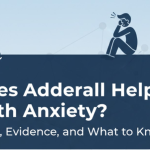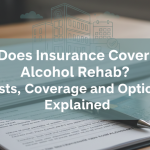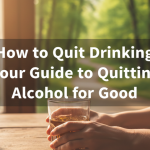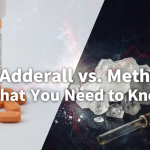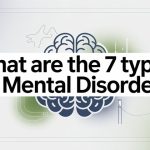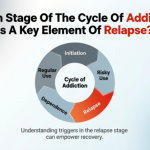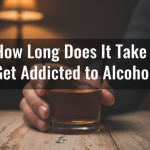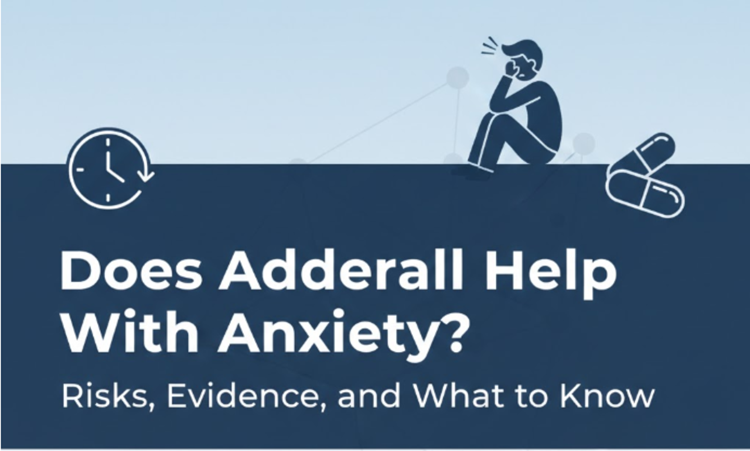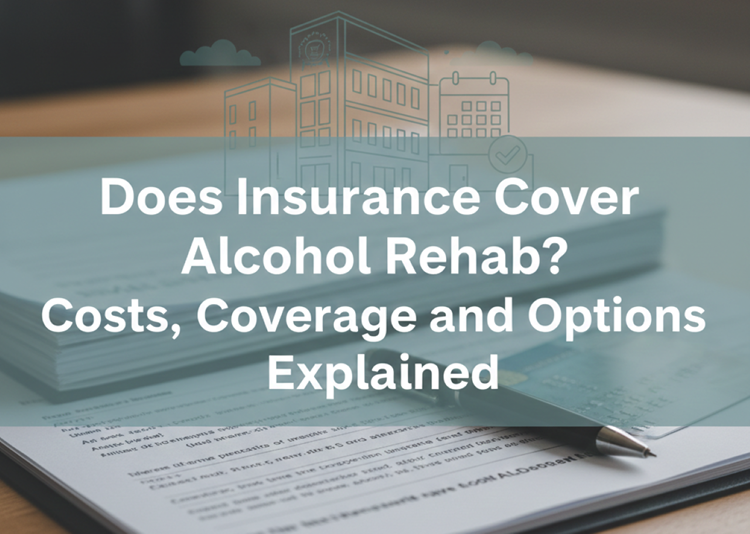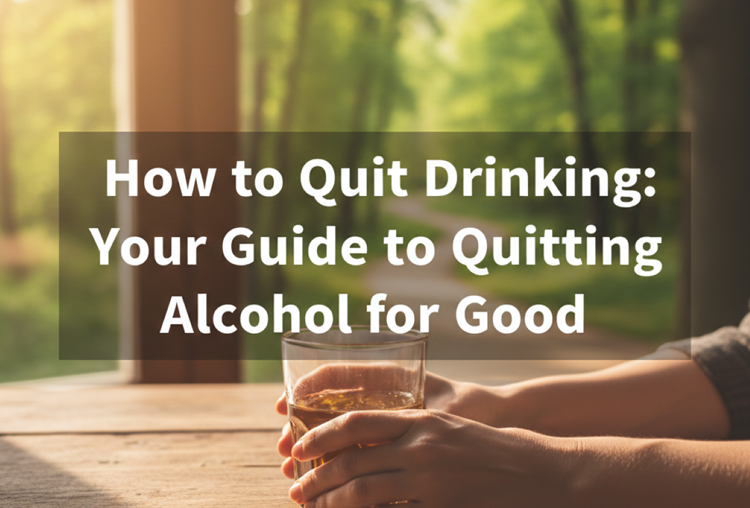In 2024, the United States saw a nearly 27% decline in drug overdose deaths, the largest drop in a single year in over 40 years. Opioid-related fatalities also decreased from an estimated 83,140 in 2023 to 54,743 in 2024. Despite this progress, the opioid crisis remains a serious public health issue.
At the same time, almost 28.9 million individuals aged 12 and older had alcohol use disorder (AUD) in 2023. These numbers indicate the need for effective treatments that can reduce cravings and prevent relapse. One of those solutions is naltrexone, a medication that can treat both alcohol and opioid dependence.
By the end of this article, you’ll know more about:
- What naltrexone is
- How the drug works
- How naltrexone is used in treatment programs
- The benefits of naltrexone
- The potential side effects of the drug
- Considerations before beginning naltrexone
- Where to find a naltrexone treatment program in Florida
If you or a loved one is living with a substance use disorder, help is just a phone call away. The team at Solutions Healthcare is here to answer any questions you might have about insurance coverage, program options, or scheduling an intake appointment. Reach out at any time to see how we can make a noticeable difference in your recovery.
What Is Naltrexone?
Naltrexone is a prescription medication that can help people who are recovering from opioid addiction or AUD. Unlike some other medications used in addiction treatment, naltrexone is not addictive and doesn’t cause a high.
It’s available in two forms:
- A daily tablet (ReVia)
- An extended-release injectable (Vivitrol) given once a month
Naltrexone was approved by the Food and Drug Administration (FDA) for the treatment of alcohol use disorder (AUD) and opioid use disorder (OUD). It’s now used in many recovery programs across the country, including Florida.
How Naltrexone Works
Naltrexone works by blocking opioid receptors in the brain. These are the same receptors that interact with drugs such as heroin, morphine, and alcohol. When these receptors are blocked, it cancels out the effects of these substances, meaning that if someone drinks alcohol or uses opioids while on naltrexone, they won’t feel the usual “high.”
Over time, cravings for alcohol or opioids can also become less intense or even disappear. This helps people stay sober by removing the reward their brain is used to getting from these substances. Without the cravings, it becomes easier to focus on recovery, build healthier habits, and start the healing process.
How Is Naltrexone Used During Addiction Treatment?
Naltrexone is often used as part of a larger treatment program, usually one called medication-assisted treatment (MAT). This type of plan combines medications like naltrexone with therapy, support groups, and other personalized services to treat both the mind and body.
Before starting naltrexone, a person needs to go through a safe detox first. This is important because taking naltrexone too soon after using opioids can cause severe withdrawal symptoms. Once detox is complete and the person is stable, people can start taking either the injectable or pill version of naltrexone.
Benefits of Naltrexone Treatment
There are several benefits of using naltrexone in both alcohol and opioid addiction recovery programs:
- It reduces cravings for both substances
- It helps people stay focused on therapy and long-term sobriety
- There’s no potential for abuse or addiction
- It works well as part of inpatient and outpatient programs
- It blocks the effects of alcohol and opioids
- It carries fewer side effects than other medications used to treat addiction
For those who are motivated to stay clean but need some extra help avoiding relapse, naltrexone can be a useful option.
Common Side Effects of Naltrexone
Naltrexone is generally well-tolerated, but some people may experience side effects, such as:
- Headache
- Insomnia
- Dizziness
- Nausea and vomiting
- Constipation
- Rash
- Drowsiness or fatigue
- Loss of appetite
- Irritability
- Diarrhea
- Stomach cramps
Most side effects tend to be mild and go away with time. However, if side effects persist or become more severe, it’s important to reach out to a medical professional as soon as possible.
What to Consider Before Starting Naltrexone
Before you begin taking naltrexone, it’s important to speak with a medical provider to make sure it’s the right choice for your situation and needs. Here are a few things to keep in mind:
- You must not be physically dependent on opioids when starting naltrexone. A clean period of seven days from short-acting opioids and 10-14 days from long-acting opioids is usually required. Not following this could lead to serious withdrawal symptoms.
- Let your provider know about any preexisting medical conditions, especially liver issues, kidney problems, or other concerns. If there are other medications you’re taking, be sure to tell them about those as well.
Naltrexone may not be right for everyone, but your health care provider can always help you explore alternatives if needed.
Compassionate Naltrexone Treatment in Florida
If you’re looking for the right naltrexone treatment program in Florida, Solutions Healthcare can help. Our comprehensive programs address concerns related to both mental health conditions and substance use disorders, tailored to the unique needs of every individual.
Our experienced staff is dedicated to providing exceptional care and guiding you through each step of your recovery journey with compassion. Contact us today to learn more about how we can support you in healing.
Resources:
- https://www.axios.com/2025/05/14/opioid-overdose-deaths-fall-trump-budget-cuts-2026?utm_
- https://www.cdc.gov/overdose-prevention/about/understanding-the-opioid-overdose-epidemic.html
- https://www.niaaa.nih.gov/alcohols-effects-health/alcohol-topics/alcohol-facts-and-statistics/alcohol-use-disorder-aud-united-states-age-groups-and-demographic-characteristics
- https://www.samhsa.gov/substance-use/treatment/options/naltrexone
- https://www.ncbi.nlm.nih.gov/books/NBK534811/
- https://www.samhsa.gov/substance-use/treatment/options/naltrexone#:~:text=Naltrexone%20binds%20and%20blocks%20opioid,can%20cause%20life%2Dthreatening%20consequences.
- https://medlineplus.gov/druginfo/meds/a685041.html







